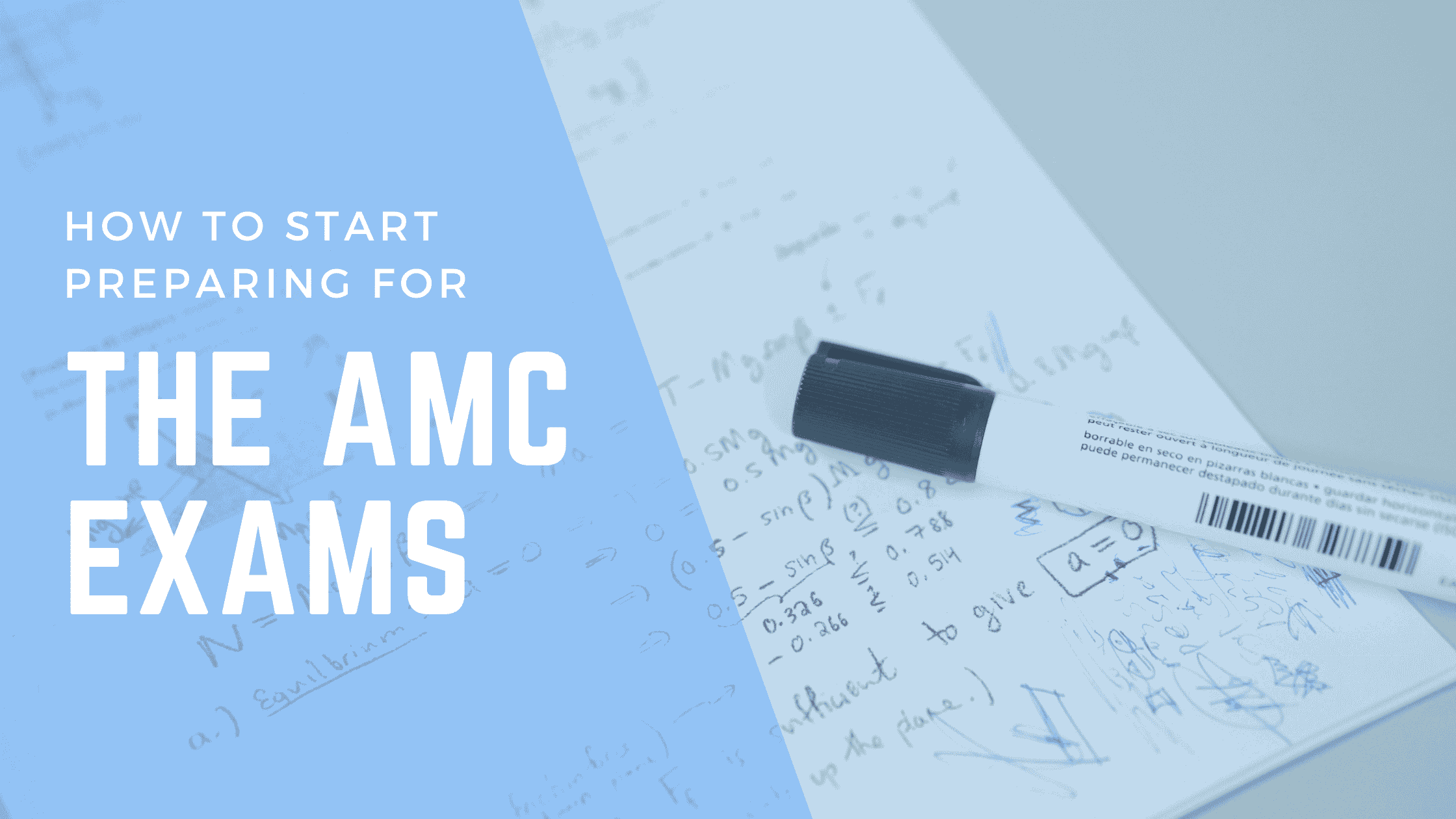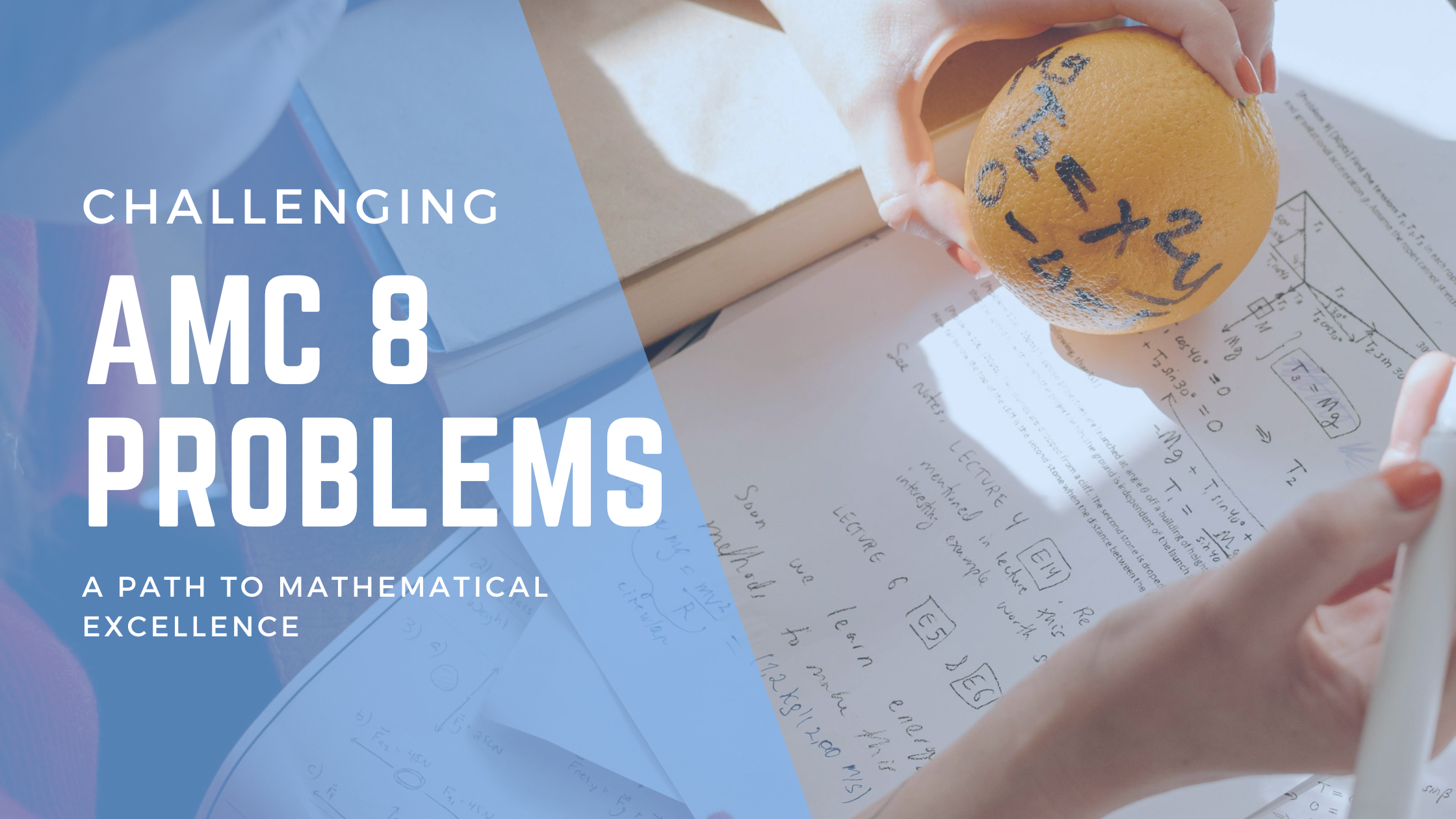Wes Carroll Tutoring & Coaching Blog
What’s the problem with being a bright kid?
Bright students routinely achieve top grades with what appears to be little effort. These students often dominate classroom discussions, and indeed, they score high on ...
How to help gifted students become independent learners
Gifted students often appear to breeze through school on natural abilities. From a distance, their giftedness appears to manifest as great grades and an easy ...
The Math League: Help your child bolster their mathematical strengths
If your child is passionate about problem-solving and enjoys the challenge that math presents, the Math League Summer Challenge is worth your time and attention ...
How to overcome common challenges in AMC preparation
The American Mathematics Competitions (AMC) are not your average school math test. They require a whole different level of thinking, studying, and problem-solving, and many ...
How to start preparing for the AMC exams
The AMC is a collection of math puzzles that test your problem-solving skills. It is also the first step along a pathway that culminates in ...
Challenging AMC 8 problems: A path to mathematical excellence
Mathematics is more than just numbers and equations. It is a fascinating world of patterns, logic, creativity, and beauty. But how can you discover and ...
Executive function coaching: Give your gifted child mental tools to excel
Executive function coaching is like upgrading the control panel in your gifted child's brain. It helps them master planning, organization, getting work done, and managing ...
Mathematical thinking: How bright students vault ahead
When we consider the world of mathematical thinking, it's hard not to draw connections to the renowned framework introduced by Daniel Kahneman. In his book ...
Fixed mindset vs growth mindset: How these affect your academic abilities
The journey of learning is rife with challenges. The way you navigate these challenges, and emerge with the skills you need to succeed academically, professionally, ...
Finding the right balance between your homework and your life
Homework is necessary, but stressful. Sometimes overwhelming, but also beneficial. How can we use homework as a tool to help us learn and grow, without ...










